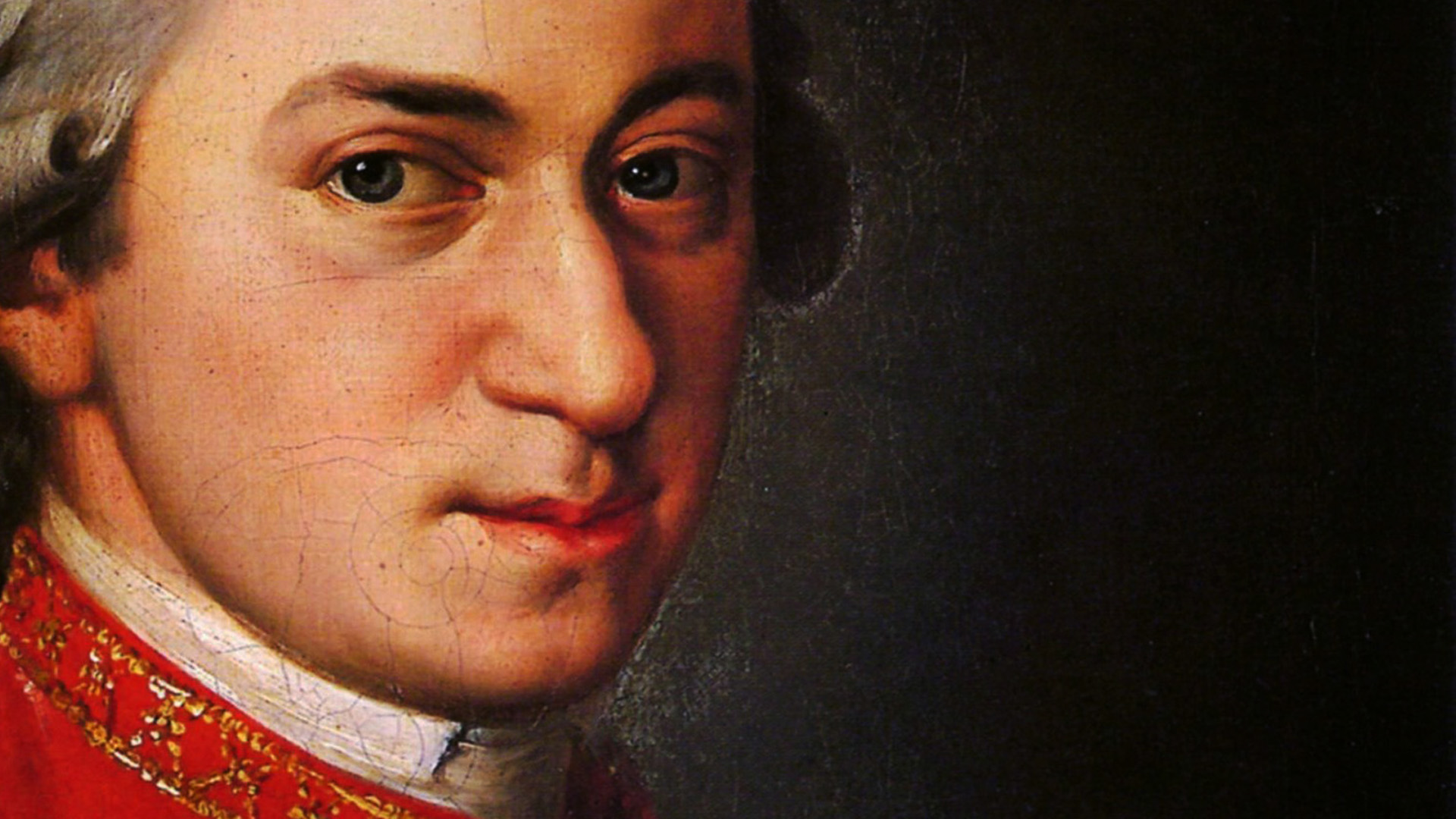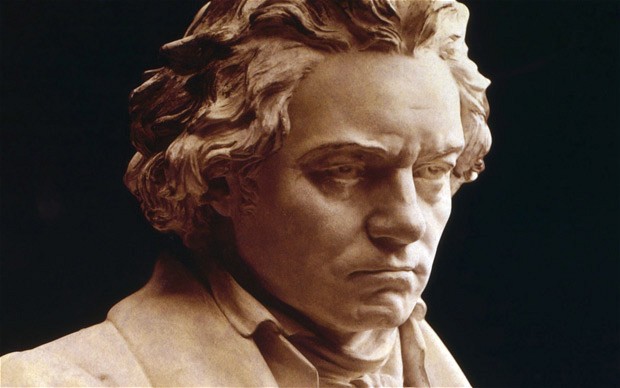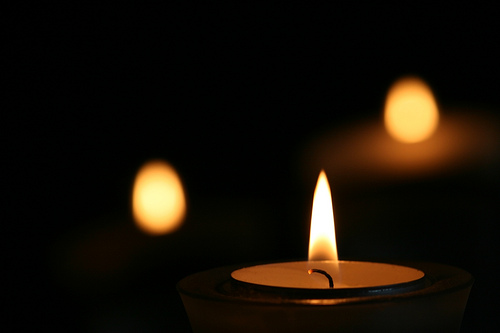Mozart’s Last Piano Concerto
Last week we stepped into the strange, mysterious world of Beethoven’s Late string quartets, music which stylistically leaves behind everything that came before and offers up profound and timeless revelations. In its own way, Mozart’s last piano concerto (No. 27 in B flat major, KV 595) makes a similar, if more subtle departure. It still sounds like the Mozart we know, but listen carefully and you may notice something different about this music…perhaps …





